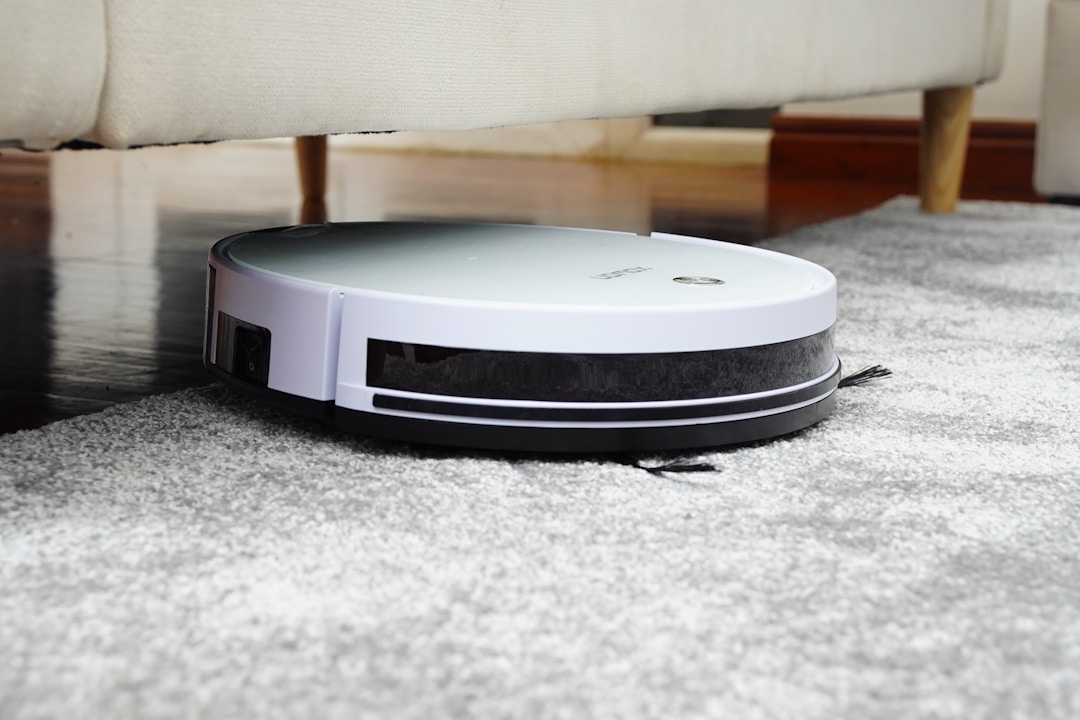Air quality can refer to the cleanliness of the air, its temperature, and its humidity level. Poor air quality can aggravate existing health conditions. Prolonged exposure to pollutant-filled air can also cause health problems.
Your home’s air quality can affect more than your health—low air quality can be related to high energy bills. Using the strategies outlined here can help you improve your home’s air quality to ensure you stay healthy and use less energy.
1. Hire professional HVAC technicians to maintain your HVAC system.
Your home’s heating, ventilation, and air conditioning (HVAC) system cycle air throughout your home. Intake vents draw in the air, your furnace warms the air, and your air conditioner extracts heat from the air. Once the HVAC system has adjusted the air’s temperature, it sends the air back into your home through the supply vents.
Preventative maintenance ensures your HVAC system distributes clean air throughout your home. Have an HVAC technician inspect your HVAC system and clean the condenser coils and blower assembly. Your HVAC technician should also replace or repair any worn or damaged parts to ensure your system works properly and replace the air filter. Removing debris ensures your system will distribute clean air throughout your home. Investing in regular HVAC maintenance will save you money in the long run because your HVAC system won’t have to work as hard to maintain the internal temperature you’ve set your thermostat to. Dirty HVAC systems run more often, causing energy bills to rise.
2. Remove allergens and debris from your air ducts and flooring.

Your duct system connects your HVAC system to your intake and supply vents. Over time, the materials used to seal joints break down. Regular maintenance prevents leaks in your duct system. It’s harder to maintain a comfortable temperature if you have leaky air ducts. Leaky ducts allow allergens and pollutants to enter your air supply. Your HVAC system can also distribute dirty air if debris clutters your ducts. Have your ducts cleaned regularly to prevent dirty air from being cycled throughout your home.
Carpets can store allergens, dust, and debris. Replacing carpets with hardwood floors or having carpets cleaned can reduce the volume of debris in your flooring. This will reduce the number of allergens and toxins distributed throughout your home and improve your air quality.
3. Install a whole-home humidifier.
A whole-home humidifier connects to your central air system and adjusts the humidity level of the air. Your home’s humidity level can have a significant impact on your health. Dry air can trigger respiratory issues, such as asthma, and causes several other health issues, including headaches, dehydration, and skin problems.
It’s also easier to transmit the flu virus in dry air. Homeowners who invest in a whole-home humidifier can ensure the air throughout their entire home maintains optimal humidity levels. Using a portable humidifier can also increase humidity levels.
4. Fill your home with houseplants.

Are you looking for tips for making your home a place of healing? Simple changes, such as adding houseplants to your home, can transform your surroundings and improve your home’s air quality at the same time. Plants convert carbon dioxide to oxygen, and the higher oxygen levels can help people sleep.
Plants also increase humidity levels. Plants like lavender produce a relaxing scent, and the presence of houseplants has been linked to lower blood pressure and cortisol levels, suggesting plants help reduce anxiety. Houseplants also filter particles from the air. This reduces the volume of allergens, such as mold, and improves your home’s air quality.
Your home’s air quality can affect your health and energy bills. Investing in regular maintenance for your HVAC unit, cleaning your ducts, and cleaning your flooring will reduce the volume of toxins and debris in your home’s air. Using a humidifier will boost humidity levels, which can prevent some health issues. Houseplants can further reduce the volume of allergens in your house and produce fresh oxygen in your home.




